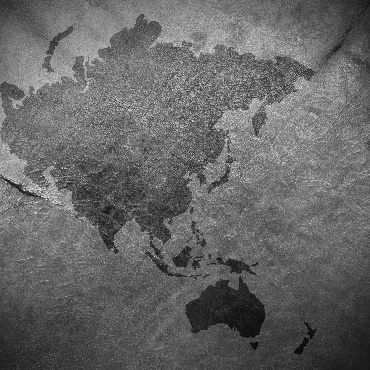POLITICIZING CHINA'S UNIVERSITIES
From November 7th to 16th, Chongqing students are registering for the 2019 national college entrance examination, or gaokao. This year, however, students must pass a "a political examination" in order to gain "admission to the college entrance examination." The results of the political review, which measures a "candidate's political attitude, ideology and morality, as well as the performance of study and work," divides students into two categories: qualified and unqualified. "Those who fail the political examination cannot participate in the admission of ordinary colleges and universities." (Caixin, November 8, 2018)
SECURITY FORCES CRACK DOWN ON STUDENT ACTIVISTS
The campaign to crush Marxist organizations at prestigious universities has accelerated. Two students were kidnapped at Peking University (PKU), and the university's party committee established an "internal control and management" office to conduct inspections and patrol the school grounds. On November 14th, PKU authorities sent a message to all students accusing Marxist students of "criminal activity," and warning that "if there are still students that want to defy the law, they must take responsibility." The message specifically mentioned PKU graduate Zhang Shengye, who was beaten on campus and taken away by people in dark clothing. The university accused Zhang of participating in "illegal" activities, and confirmed that he was detained by security forces. (CNN, November 15, 2018; Agence France-Presse, November 15, 2018)
BEIJING FORCES TECH FIRM DISCLOSURES
Every major tech company in China (e.g., Alibaba, Tencent and Baidu) is now required to log users' real names, account numbers, hardware details, chat and call logs, online comments and a variety of other personal data and information, and to provide them to the Cyberspace Administration of China. The rules apply to all companies providing online services with a "public opinion or social mobilization capacity" that could be used as a channel to spread social movements. The new reporting requirements apply to all online forums, blogs, microblogs, chat rooms, news providers, short or streaming video platforms and information-sharing apps, among others. (Financial Times, November, 15 2018)
BEIJING'S SOCIAL CREDIT SYSTEM TO BECOME MANDATORY BY 2021
Beijing's "social credit" points program will become mandatory by 2021, and some 22 million residents of the Chinese capital will be rated based on their behavior. According to a plan posted by the Beijing municipal government, authorities will pool data from government departments – including tourism, business regulators, and transit authorities – to create a detailed picture of every resident's economic and political interactions. Those with better scores will get "green channel" benefits, while those with low scores will find life more difficult. More than a dozen cities that are moving ahead with similar programs. Hangzhou, which rolled out its own system earlier this year, is rewarding residents for "pro-social behaviors," such as volunteer work and blood donations, and punishing those who violate traffic laws.
While the "social credit" program is currently being implemented in major urban centers, the goal of the Chinese government is to make it universal. When China's national surveillance system is complete, it will include all 1.4 billion PRC citizens. (Bloomberg, November 21, 2018)
Want these sent to your inbox?
Subscribe
China Reform Monitor No. 1353
Related Categories:
Democracy and Governance; Human Rights and Humanitarian Issues; Intelligence and Counterintelligence; China


